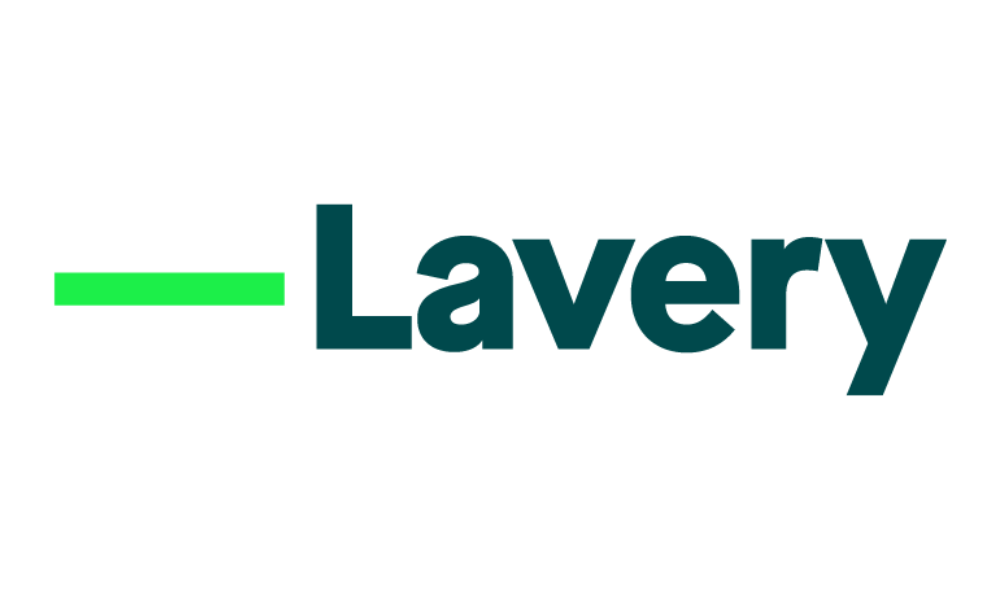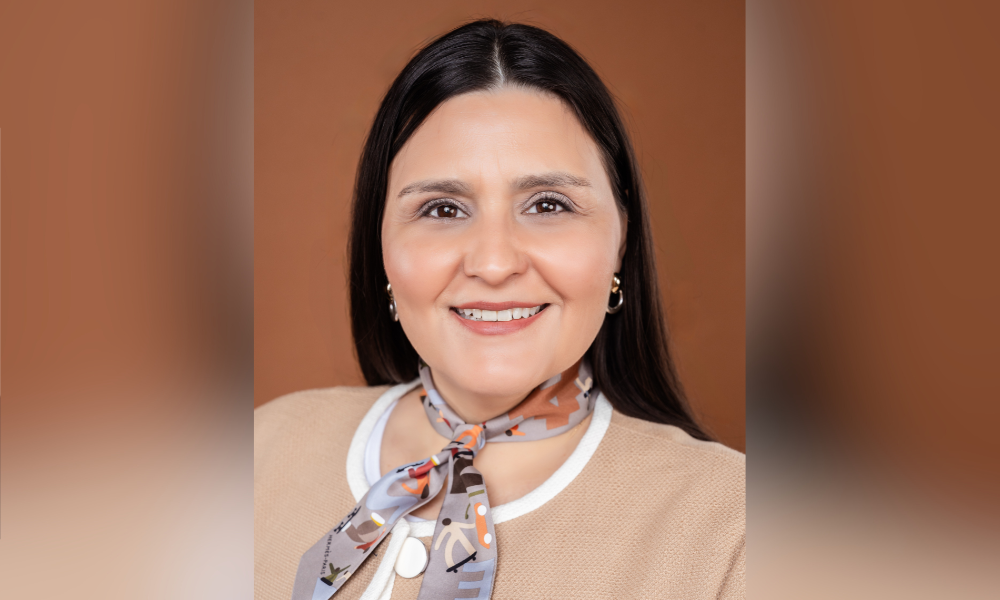On June 6, 2025, a landmark settlement catalyzed a major turning point and reshaped the dynamics of American collegiate sports. By approving the House v. NCAA settlement, U.S. courts authorized universities to directly compensate their athletes for the use of their name, image, and likeness (NIL), which represents a significant departure from previous restrictions. In practical terms, NIL rights grant athletes’ exclusive control over their personal brand, enabling them to generate revenue from the commercial use of their identity. In addition to establishing a new legal framework, this settlement provides for a retroactive payout of $2.8 billion to be shared among Division I athletes, the National Collegiate Athletic Association (NCAA)’s top tier, who have competed since 2016.
Building on the Supreme Court’s 2021 ruling in NCAA v. Alston, this development stems from the Court's determination that the NCAA’s restrictions on certain education-related benefits constituted antitrust violations. While Alston laid the groundwork for the commercialization of NIL agreements, the subsequent years were plagued by legal uncertainty and a lack of consistency in regulations surrounding the compensation of collegiate athletes.
As states and universities implemented divergent policies and internal rules, former Alabama head coach Nick Saban posed a question that remains unanswered to this day: “Where does it end?”
A uniform national framework at last
The House v. NCAA settlement establishes the first nationwide framework for compensating collegiate athletes. Starting in the 2025-2026 academic year, Division I programs will be permitted to allocate up to $20.5 million annually distributed among their athletes, covering both athletic potential and NIL monetization. This represents a major shift, as universities themselves, not just third-party sponsors, will now be able to directly fund their athletes.
Simultaneously, an independent entity, the College Sports Commission LLC, has been established to oversee NIL agreements valued at $600 or more. The Commission will have the authority to approve, modify or reject deals that exceed fair market value or deviate from their intended purpose. For instance, NIL deals cannot reward athletic performance, influence recruitment or transfer decisions, nor serve as disguised salaries, practices commonly known as pay-for-play incentives.
To ensure prompt and confidential resolution of disputes, the agreement introduces an expedited arbitration mechanism. Managed by an independent panel, this procedure requires parties to submit their documents within a short timeframe, with decisions to be rendered within 45 days of case initiation, and with no possibility for appeal. The goal is to safeguard athletes’ rights while preventing an overload of NIL-related cases in civil courts.
In the wake of this recognition, the introduction of direct payments and the consolidation of the NIL framework are also reshaping traditional career paths for collegiate athletes. Increasingly, collegiate athletes are choosing to delay their entry into professional drafts, particularly in the NBA and NFL, to benefit from the financial and strategic advantages that college sports now offer. For athletes who are not guaranteed an early draft selection, staying in school can mean earning substantial income, sometimes comparable to that of professional athletes, while retaining greater control over the development of their athletic careers. In an increasingly competitive market, this new leverage is redefining the balance of power between athletes, universities, and professional franchises.
This reform also resonates with the journeys of several Quebec athletes who came up through the NCAA, such as Bennedict Mathurin and Luguentz Dort, both of whom reached this year’s NBA Finals. Their stories illustrate how American college sports can serve as a powerful gateway that now financially recognizes and rewards its athletes. The fact that these players grew up in Montréal-North before rising through the NCAA makes it clear that Quebec is claiming its place in this evolving landscape, not only as a pool of talent, but also as a fertile soil for cultivating collegiate careers that are both inspiring and financially profitable.
What lies ahead?
While this reform represents a milestone, it also prompts significant new legal challenges. A pending appeal challenges the $2.8 billion retroactive payout, arguing that it could violate Title IX’s mandate for gender equity in federally funded education programs. Critics warn that, without clear safeguards, the distribution may exacerbate rather than reduce existing disparities between men’s and women’s sports.
Furthermore, the Johnson v. NCAA case is currently pending before the U.S. District Court for the Eastern District of Pennsylvania, where collegiate athletes are seeking to be recognized as university employees, which would entitle them to a minimum wage and other labour protections.
With over 350 universities and approximately 200,000 athletes impacted, the implementation of this reform is likely to vary significantly across institutions. Collegiate athletics is entering a new era of remunerated athletes but remains for the moment in a state of transition and uncertainty.
***
 Sébastien Vézina is a partner in the firm’s Business Law group, Head of the Sports and Entertainment Law team and recognized by the Best Lawyers directory in Sports Law. Sébastien’s expertise lies in his exemplary ability to negotiate complex commercial agreements, in accordance with the highest standards of the legal industry. Recognized by the clients for his strong interpersonal skills, keen business sense and availability, he always adapts his strategic and legal advice to the business reality of the companies and organizations he works with.
Sébastien Vézina is a partner in the firm’s Business Law group, Head of the Sports and Entertainment Law team and recognized by the Best Lawyers directory in Sports Law. Sébastien’s expertise lies in his exemplary ability to negotiate complex commercial agreements, in accordance with the highest standards of the legal industry. Recognized by the clients for his strong interpersonal skills, keen business sense and availability, he always adapts his strategic and legal advice to the business reality of the companies and organizations he works with.
 Jimmy Marneris joined Lavery as a student in 2023 and will be articling with the firm in 2025. He completed his law degree at the Université du Québec à Montréal and will pursue a Juris Doctor at the Université de Montréal in Fall of 2025.
Jimmy Marneris joined Lavery as a student in 2023 and will be articling with the firm in 2025. He completed his law degree at the Université du Québec à Montréal and will pursue a Juris Doctor at the Université de Montréal in Fall of 2025.
 Simon-Charles Masri joined the Lavery team as a student in 2024 and will be articling with the firm in 2026. He obtained his Bachelor of Civil law from the University of Montreal in 2025.
Simon-Charles Masri joined the Lavery team as a student in 2024 and will be articling with the firm in 2026. He obtained his Bachelor of Civil law from the University of Montreal in 2025.





